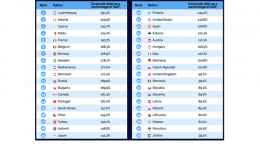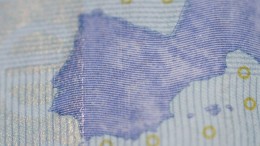Which Countries Have The Highest Levels Of Corporate Debt?
A new study by Utility Bidder revealed the countries and industries with the highest level of corporate debt. Luxembourg was the country with the highest debt, at 391.54% of their GDP, whilst the restaurant/dining industry was the sector with the highest debt percentage of its total capital at 113.82%. Is covering the findings of interest? Every country has debt in many forms, such as: public debt, personal private debt, and…










